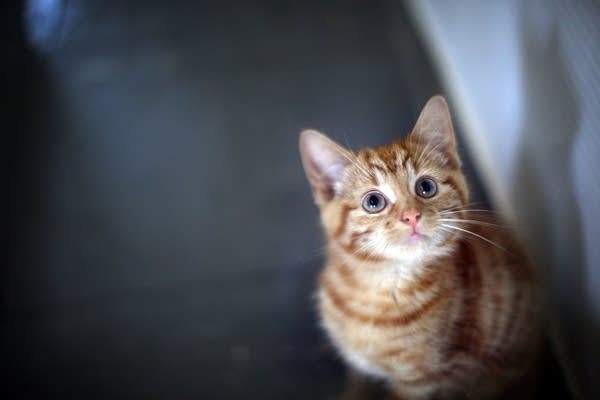Why do we want to bite cute things?

The same psychology that explains "cute aggression" also explains why we cry when we're happy.
Christopher Furlong | Getty Images
Go Deeper.
Create an account or log in to save stories.
Like this?
Thanks for liking this story! We have added it to a list of your favorite stories.


